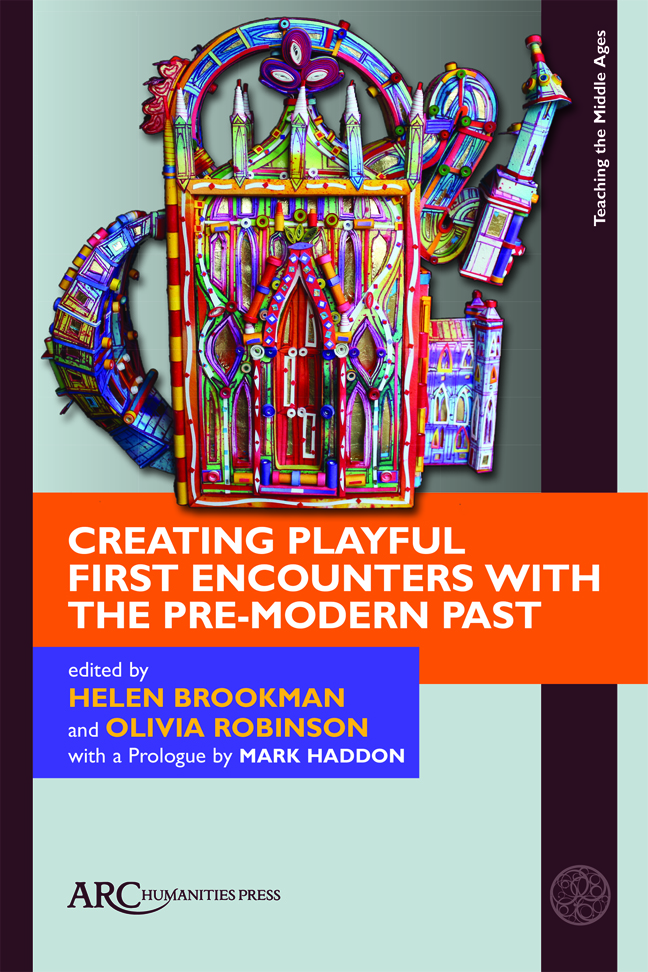2 - Swiss Shakespeare: Creative Translation as Research and Appropriation
Published online by Cambridge University Press: 17 February 2024
Summary
SWITZERLAND'S SELF ERCEPTION IN relation to Europe is richly paradoxical. On the one hand, the Swiss have repeatedly voted to remain independent of the European Union, claiming instead a special “Associated” status and pegging the Swiss Franc to the Euro rather than embracing the Euro themselves. On the other hand, Switzerland is geographically positioned at the heart of Europe, and the Swiss consider themselves thoroughly European, mixing, as they do, various major European languages, cultural forms, religious orthodoxies, and cuisines in a tiny national space. Switzerland has four official languages—French, German, Italian and Rumantsch; Swiss German exists in numerous distinct dialects, and even Rumantsch, which is spoken by only 60,000 people worldwide, is divided into five distinct varieties and one newly created standard. In addition, like most European countries, Switzerland has substantial immigrant communities who preserve their own non Swiss language among themselves while accommodating to French or German as the situation requires. On the border between the two largest linguistic communities, Fribourg is a French German bilingual canton with Switzerland's only bilingual university—an institution which also attracts large numbers of Italian speaking Swiss. While the status of English as ubiquitous but not officially ‘Swiss’ is hotly contested by national politicians, journalists, and academics, English is nonetheless often embraced when Francophone and German-speaking students, for example, have to communicate—rather than speak the other's language, they can often be observed speaking English. Belonging, historically, to none of the different Swiss language groups, English seems strangely uncontroversial, to many students at least.
Like the English language in which he writes, Shakespeare may also occupy an unusually “neutral” position, identified with no group and therefore open to all. Less confident than my students in this perhaps naively optimistic view, I was hesitant when they asked me to direct them in a Shakespeare play for the University of Fribourg's Jubilee celebrations: I expressed to them my reservations about an English director staging in English the work of the iconic English playwright to celebrate the anniversary of a University which is proudly French German.
- Type
- Chapter
- Information
- Publisher: Amsterdam University PressPrint publication year: 2023



